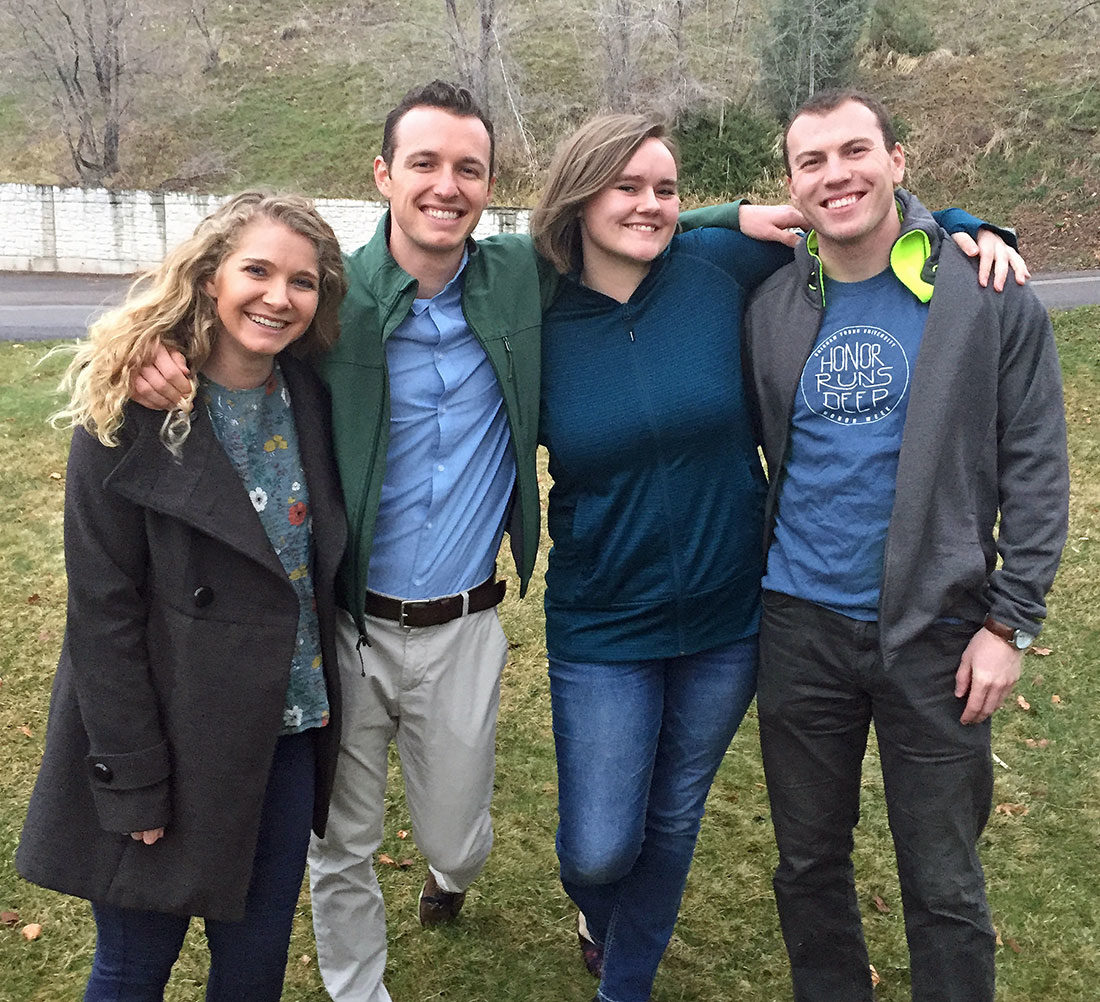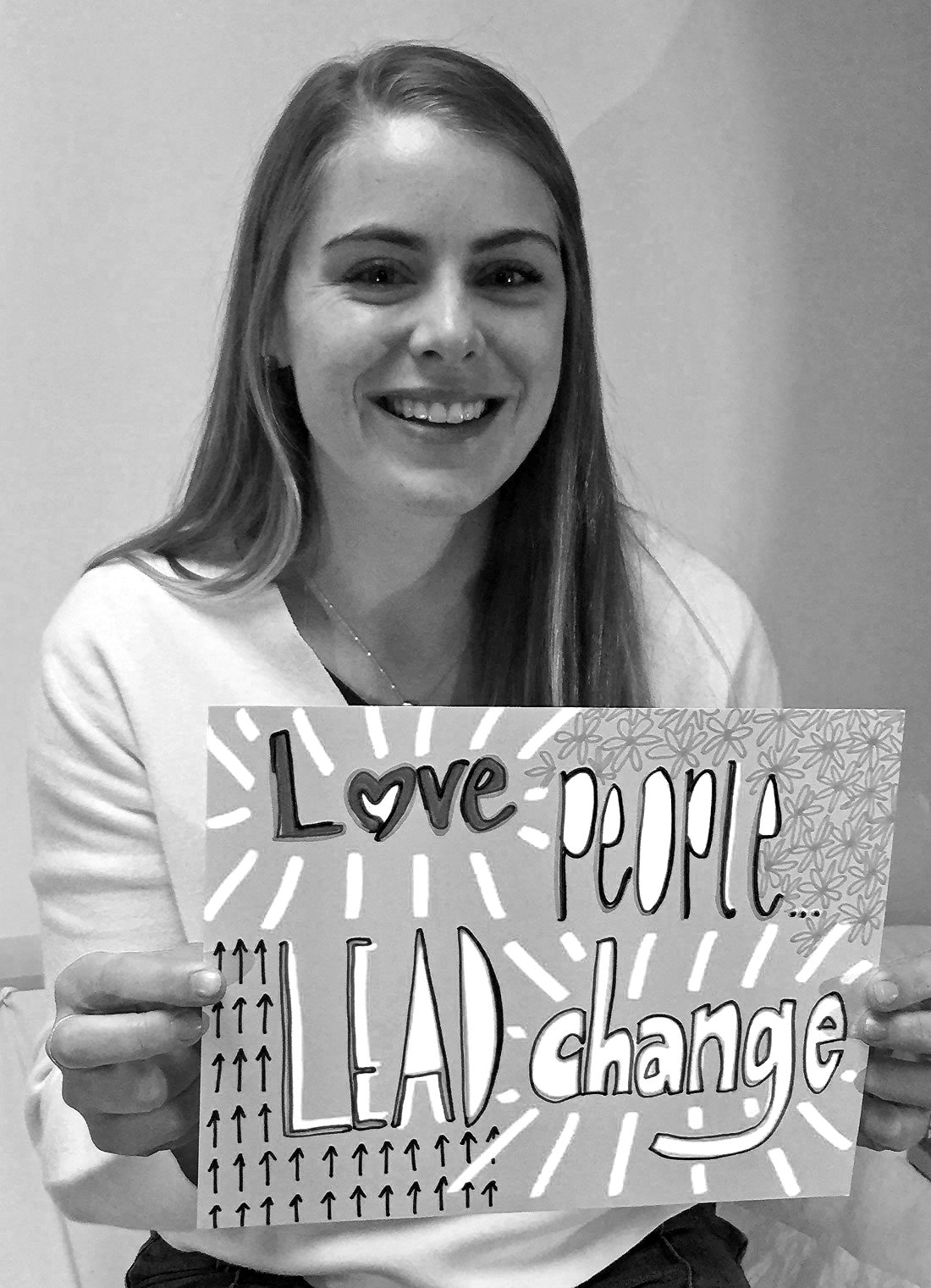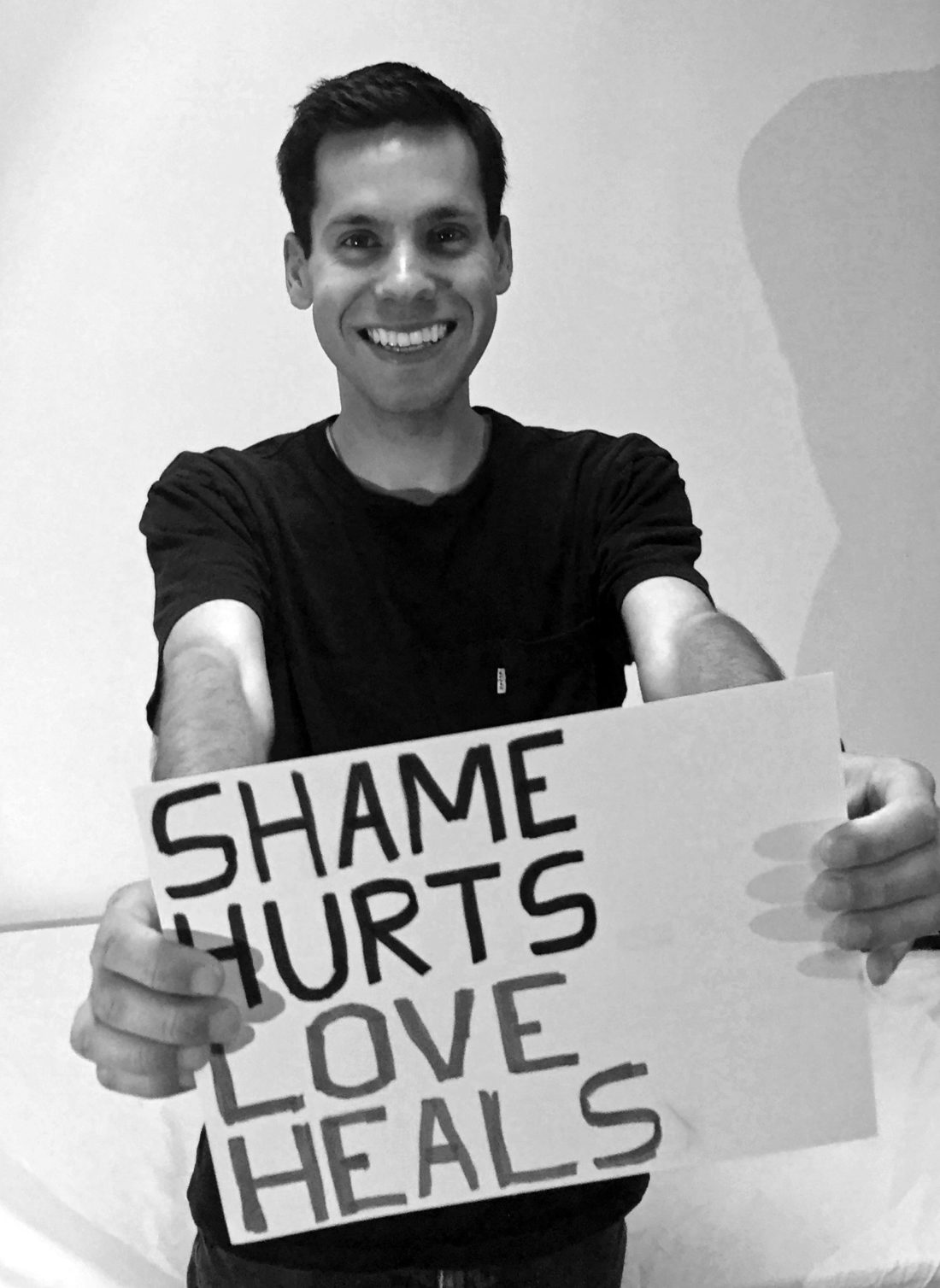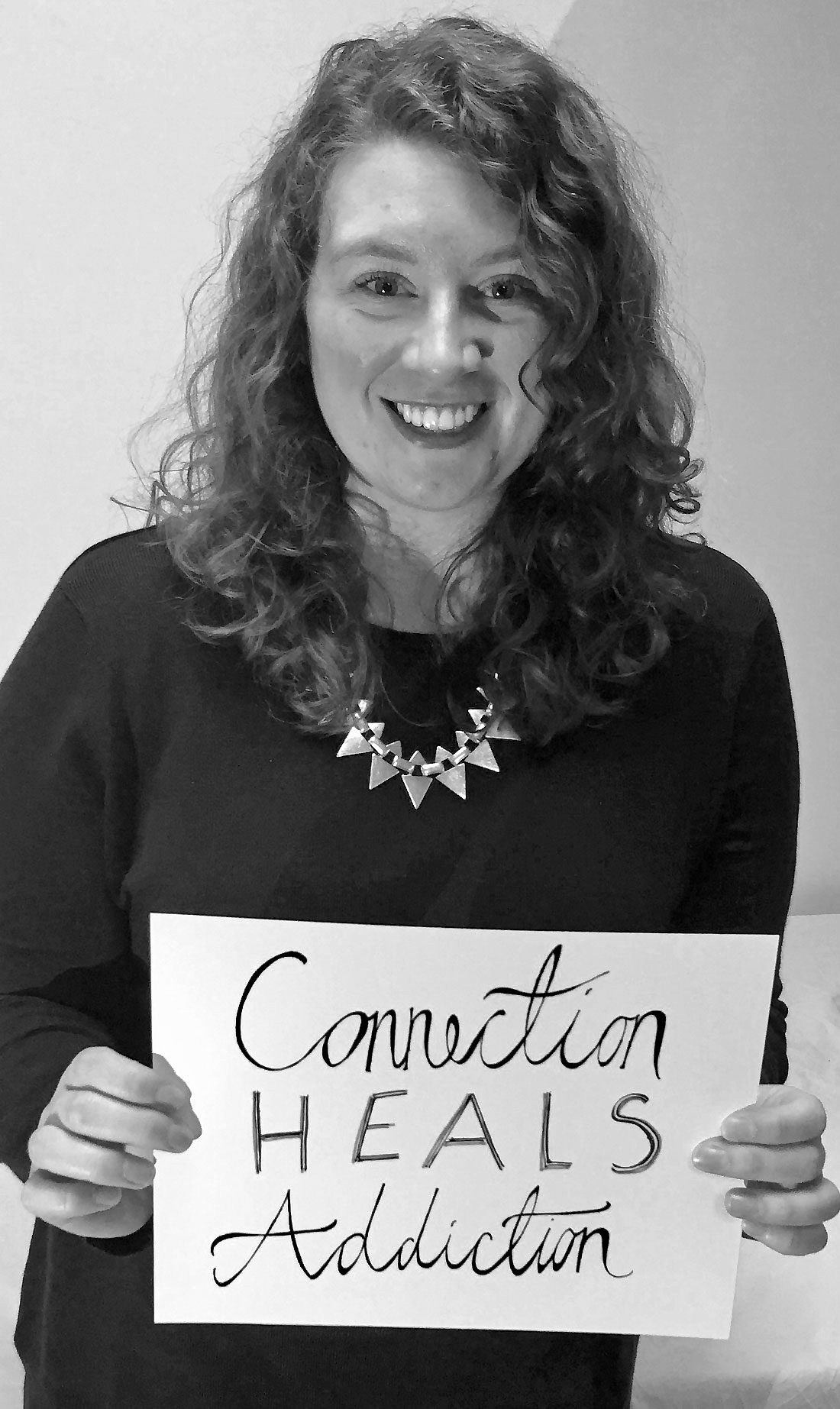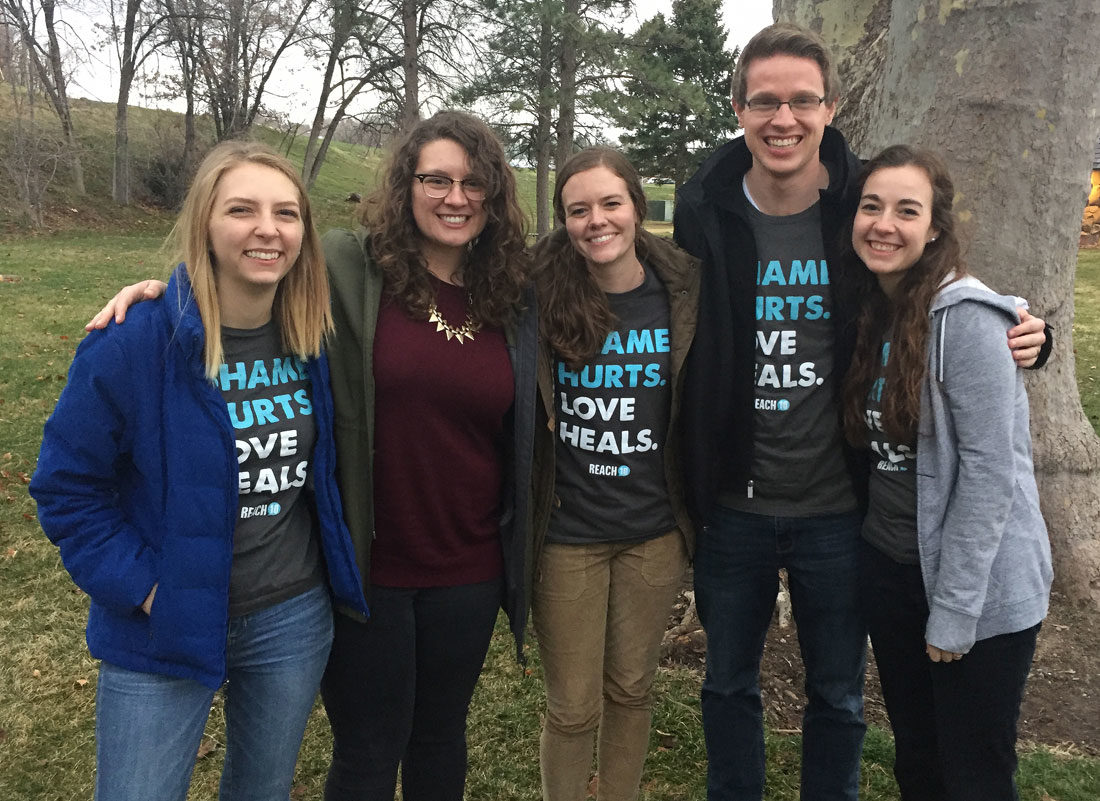What young adults want you to know about recovery from pornography use.
When it comes to a tough issue like pornography, we need to know not only why to talk more openly, but what to talk about. When we are supporting someone who is working to make progress and live a healthier, happier life free from pornography, it really helps to understand what recovery is so we can talk effectively about it!
We recently asked a dozen Reach 10 team members their thoughts about recovery. These young adults took time from school, work, social life, and families to meet together and share ideas.
How would it help if people had a better understanding of recovery?
Cassandra Hulse said, “Even if I am empathetic and care about my friend, but don’t know anything about recovery, I still don’t know how to help them. Understanding allows someone to be a good friend, providing real help.”
Matthew Hamby, Reach 10 board member, explained that in many ways using pornography is a connection disorder which causes people to withdraw from others. Nathan Astle agreed, saying, “Pornography problems thrive in isolation – when you have real help and support, you aren’t going to look as much.”
“I think when people have friends who reach out to help, it doesn’t seem like such a severe, big issue, not so intense. It should feel safe instead of scary,” said Quinton Bassett.
The definition of recovery
The first step in recovery is sobriety or abstinence, which means someone has not looked at pornography for a length of time. That is important and deserves recognition! But to become truly free, there is more to do to address the underlying reasons why someone is turning to pornography.
A very short and simple definition is that real recovery is learning a new lifestyle.
Some of the things that make up healthy recovery are:
- Being clear on why you want to live free from pornography
- Achieving sobriety and not looking any more
- Getting educated about the issue
- Learning healthy ways to deal with stress
- Building strong relationships
- Growing in humility and honesty
- Being accountable to someone else for your actions
- Learning skills and having a plan for managing the urge to use pornography
- Spiritual healing
- Getting help from professionals and support groups
- Healing from past trauma if needed
- Committing to healthy living for a lifetime
Does a slip-up mean someone failed recovery?
Kimber Bassett explained that there is a difference between an idealized view of recovery vs. reality.
All of us have had the experience of working to making a change, and then slipping up on our goals every once in a while as we learn to manage our mindset and actions. Cassandra Hulse reminded us that “People need to understand that slip-ups are part of recovery so they react well, and trust and support their friends” – friends who are really trying but not perfect yet. And it’s not just others who might have unrealistic expectations – if someone who is working to change themselves doesn’t understand that relapse is part of the recovery process, they can feel like an absolute failure if they relapse and it seems catastrophic.
Cassandra shared that, “People sometimes see recovery as a 50-yard dash – a race between them and pornography. They think they lose when they stumble and fall. It is more like climbing a mountain with a narrow trail that is hard to see, but you have a trail guide, a flashlight, and tools. When you slip you don’t fall all the way to the bottom of the mountain. You just get up and get back on the trail. You can’t put a time limit on the journey.”
Everyone is working on some kind of recovery
Our team talks a lot about everyone needing recovery from something. For example, Benjamin Hardy writes about 6 Things Every Person Should Recover From Every Day, reminding us that things like work, technology, and exercise take a toll on us and we need to take a break to restore health and wellness.
Learning about recovery from pornography addiction doesn’t just help us be better supporting friends – it actually helps us learn ways to manage our own challenges better. The same things that go into true recovery can help anyone make progress in their life.
“Now I understand that we’re all in recovery and that working on a healthy lifestyle is for everyone who is trying to make progress in their challenges,” Carly Roberts shared.
Friends can become mutual partners in encouraging each other’s goals, with both being honest about their challenges and sharing their ups and downs along the way. One friend might be working on dealing with anxiety, procrastination, or an eating disorder. This two-way approach often works better than a one-way relationship where one person is seen as the one with “the problem” and the other is seen as the rescuer.
Recovery myth-busting
Better education about recovery will undo common myths that exist.
Myth: Sobriety is the measure of doing well – counting the days since the last time you viewed pornography is the most important thing to track.
Truth: Recovery means making progress in all the things that help someone live a healthy new lifestyle.
Aaron Geisel believes that “If people see recovery as a one-time accomplishment rather than a process, they set themselves up for disappointment, or may not even want to keep trying.”
Myth: Once an addict always an addict.
Truth: People can truly live free from the shadow of pornography as long as they keep doing the things that have helped them recover.
Myth: I will be miserable until I completely conquer this problem, then I can be happy. Or another version of this lie: I’ll finally like myself when I have stopped using pornography.
Truth: You can still enjoy good things in life and appreciate the best things about yourself even while working on a problem like pornography. Nathan Astle shares this big surprise: “You can be happy along the way. It’s a false belief to think that I won’t be happy until I get this done. You can be happy in repentance, in the journey.” Cassandra agrees, saying, “You can love yourself along the way. Not: I’ll like myself afterwards.”
Myth: If someone I care about is using pornography, I will be unhappy most of the time.
Truth: You can feel peace while people you love are working on recovery. In fact, learning to feel peace and even happiness is the best thing you can do for yourself and for them.
What problems happen when people don’t understand recovery?
Nick Sales is a young videographer who is filming a video about the problems inmates face when they are released from prison. He learned that often inmates board a van at the prison and are let off on Main Street and told to go make a new life. When inmates are set free with no social support or resources, they sometimes find it’s easier to go back to jail because they feel like lepers in society. They are more successful when they have people helping them out.
Nick made the connection that in some ways we abandon people struggling with pornography and expect them to make a new life without the support they need.
Madison Dunne feels that it’s better to keep your focus on being involved in positive things in your life, rather than counting days and constantly thinking about what you should not be doing. Shelby Astle also feels it’s important to fill your life with positives and not make pornography problems the central focus of your life or relationship.
When we don’t understand recovery, it leads to unrealistic expectations or even worse, a belief that true recovery is not possible.
When we don’t have a shared language to talk about recovery, we really can’t have effective supporting relationships.
Supporting a friend is not about taking charge of their recovery
Cassandra says it is also important to learn about boundaries – what is the recovering person’s role, what is my role as a friend. We can cheer for each other but are never responsible to fix another person.
You can learn to manage your own feelings and responses in more effective ways, and that helps both you and anyone who interacts with you.
What do you want people to know about recovery?
The first thing our team wants people to understand is that our shaming and silencing culture makes it harder for people to get help.
Nathan Leonhardt has done significant research on the issue of pornography, and he says there is a wide spectrum of using pornography or being in recovery. There aren’t just two options: either someone has no problem or they have a deep problem. A better way to look at it is seeing there is are levels of use, a range of how pornography has affected them, and a variety of driving forces underlying their use. The help they need depends partly on how far along the spectrum they are. Madison Dunne said, “I saw it as black and white before. It’s been eye opening to learn that there are different levels.”
Nick reminds us that we can become even stronger than before when we overcome our challenges.
“People can change. They can rewire their brain, find healing, experience a change of heart. It’s more than putting the broken pieces back together, but strengthening them with a diamond finish.”
Nate Astle shares the inspiring thought that “Overcoming pornography is important, but don’t give porn more power over your life than it deserves.”
How has learning about recovery changed your perspective?
We can’t say this loud enough: Recovery is learning to commit to healthy, balanced, and connected living for a lifetime. Learning the life skills of recovery benefits every aspect of our lives and can translate into success in work, relationships, and achieving our dreams.
Nathan Leonhardt compares living in recovery and purity to light. “White light is a conglomeration of all the colors, not absence of color. In the same way, purity encompasses many human feelings, not an absence of them.”
What do you want to recover from? What amazing things will you learn in the process? And how can you help your friends as they learn to live a healthier, happier life?


